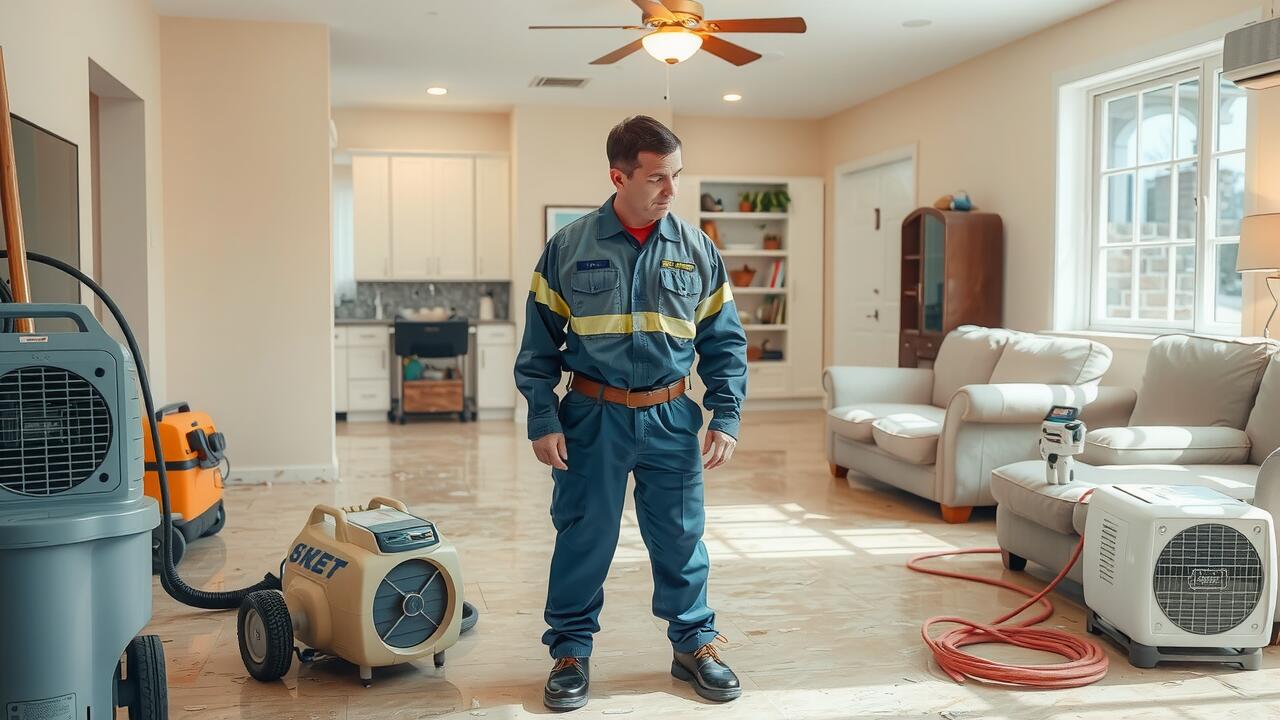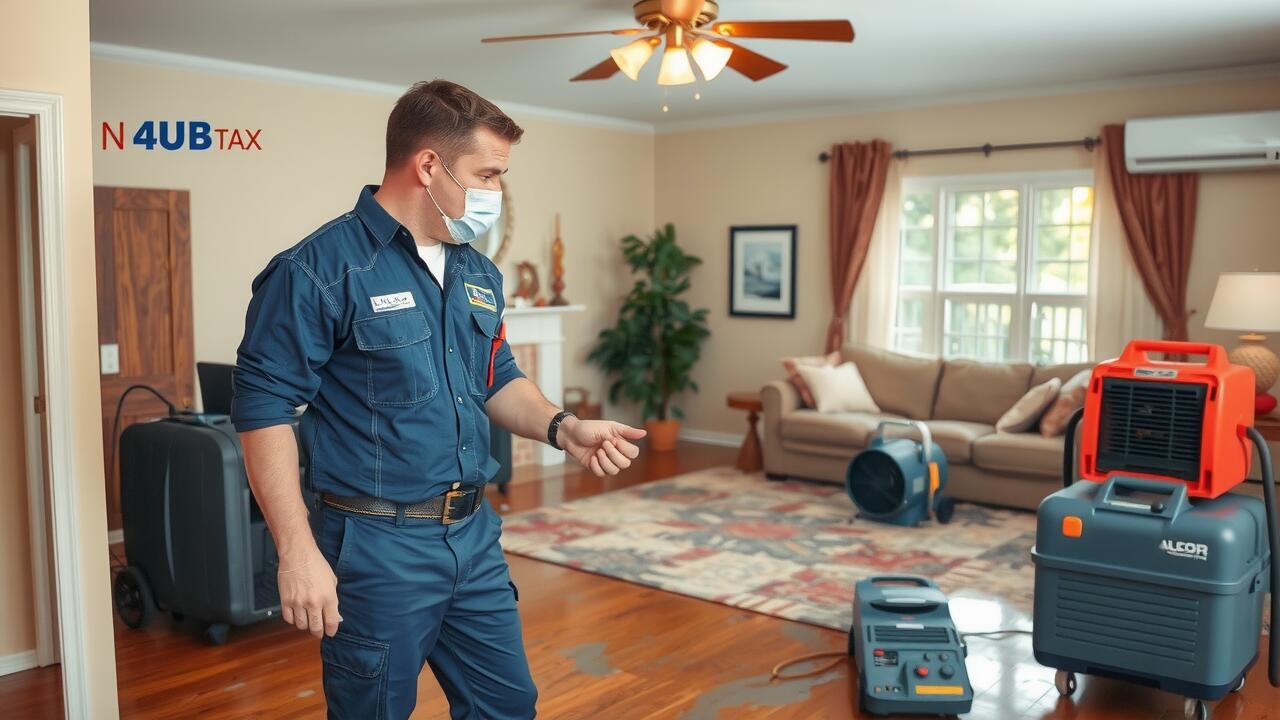
Filing a Claim for Water Remediation
Filing a claim for water remediation involves several key steps to ensure that homeowners can manage the aftermath of water damage effectively. First, promptly documenting the extent of the damage is crucial. This includes taking photographs and making notes about the circumstances surrounding the incident. Engaging a professional service for Water Damage Restoration in Pickerington, Ohio can also be a wise decision, as experts can assess the situation and help provide the necessary documentation required by insurance companies.
After compiling initial documentation, homeowners should contact their insurance provider to report the incident. It’s essential to provide details about how the damage occurred and any immediate measures taken to mitigate further loss. Keeping a record of all communications with the insurance company and remediation experts is advisable. Thorough documentation not only demonstrates diligence but also helps streamline the claims process, which can sometimes be lengthy and complex.
Essential Documentation for Your Insurance Claim
When filing an insurance claim for water remediation, thorough documentation is essential. Start by gathering evidence of the damage, including photographs and videos that clearly show the affected areas. Get a detailed estimate of the repair costs from a professional. Records of any previous damage or maintenance can also strengthen your claim. For claims related to Water Damage Restoration in Pickerington, Ohio, ensure you document all communications with your insurance provider, as these can be critical in illustrating the timeline and nature of the issue.
Be sure to include any invoices from contractors or restoration services that detail the work completed. Documentation should also encompass your original insurance policy, highlighting areas related to water coverage. Make a list of personal belongings affected by the damage along with their estimated values. This comprehensive approach will help streamline the claims process and establish a strong case for your water remediation needs.
The Role of Insurance Adjusters
Insurance adjusters play a critical role in the assessment of water damage claims. They are responsible for evaluating the extent of the damage and determining whether the incident falls under the policy’s coverage. Adjusters inspect the affected areas, assess the damage, and review the policy terms. Their expertise is essential in facilitating the claims process, as they serve as the intermediary between the homeowner and the insurance company. In cases of Water Damage Restoration in Pickerington, Ohio, the adjuster’s thorough evaluation can significantly impact the speed and outcome of the claim.
Adjusters also gather necessary information and documentation, often requiring the homeowner to provide additional details regarding the incident. This may include photographs, invoices from restoration services, and any prior maintenance records related to water damage. Their role is not only to assess physical damage but also to ensure all relevant information is documented for proper claims processing. These evaluations are crucial in determining the financial responsibility of the insurance company and, ultimately, the homeowner’s eligibility for coverage related to water damage repair efforts.
How Adjusters Evaluate Water Damage Claims
Insurance adjusters evaluate water damage claims by conducting a thorough assessment of the affected areas. They inspect the extent of the damage and identify the source of the water intrusion. Documentation from the policyholder, such as photographs and repair estimates, is often reviewed to supplement the adjuster’s findings. In areas like Pickerington, Ohio, the nuances of local climate and building regulations can also inform the adjuster’s analysis of the damage.
Adjusters often rely on industry standards and guidelines when determining the cost of necessary repairs, which may include services like Water Damage Restoration in Pickerington, Ohio. The evaluation process may also involve consultations with specialized contractors who can provide insights into the appropriate remediation techniques. Ultimately, the adjuster’s report will influence the insurance company’s decision regarding the approval and amount of compensation for the water damage claim.
Limitations of Coverage
Homeowners should be aware that not all water damage situations are covered by insurance policies. Many policies have specific limitations regarding the type and source of water damage. For instance, damage resulting from a flood often requires separate flood insurance. Furthermore, wear and tear or gradual leaks may also be excluded, leaving homeowners vulnerable to significant out-of-pocket expenses.
In addition to exclusion clauses, certain conditions or actions may void insurance coverage entirely. For example, failure to promptly address minor leaks can lead to larger issues, potentially resulting in a claim denial. Homeowners seeking Water Damage Restoration in Pickerington, Ohio, should carefully review their insurance policies and consult with their agents to fully understand the extent of their coverage and any possible limitations that could arise during a claim.
Exclusions and Factors That May Void Coverage
Water remediation coverage can vary widely between policies and insurance providers. Some common exclusions include damage resulting from neglect or lack of maintenance. Homeowners who fail to address minor leaks or water issues risk having their claims denied. Additionally, certain types of flooding, such as those caused by heavy rain or rising waters, often require separate flood insurance, which not all homeowners have.
Factors that may void coverage include failure to report the damage in a timely manner or making unauthorized repairs before notifying the insurance company. Certain policies may also limit coverage based on the cause of the water damage. For example, if the damage was caused by a malfunctioning appliance without proper maintenance records, a claim for Water Damage Restoration in Pickerington, Ohio may not be honored. Understanding these exclusions is crucial in ensuring adequate protection against unforeseen events.
FAQS
What is water remediation?
Water remediation refers to the process of removing harmful contaminants and restoring a property affected by water damage, typically due to flooding, leaks, or other water-related issues.
Does homeowners insurance cover water remediation?
Coverage for water remediation depends on the specifics of your homeowners insurance policy. Many policies cover damages caused by sudden and accidental water incidents, but may exclude flooding or long-term leaks.
What documentation do I need to file a claim for water remediation?
Essential documentation for filing a claim includes photographs of the damage, a detailed description of the incident, receipts for repairs or remediation services, and any communication with your insurance company.
How do insurance adjusters evaluate water damage claims?
Insurance adjusters assess the extent of water damage, review the cause, and determine if the claim falls under the policy’s coverage. They may also inspect the property and compare it with your documentation.
Are there exclusions that could void my water remediation coverage?
Yes, common exclusions that may void coverage include damage caused by neglect or lack of maintenance, flooding not covered by your policy, and any prior damage that was not reported. Always review your policy for specific exclusions.
